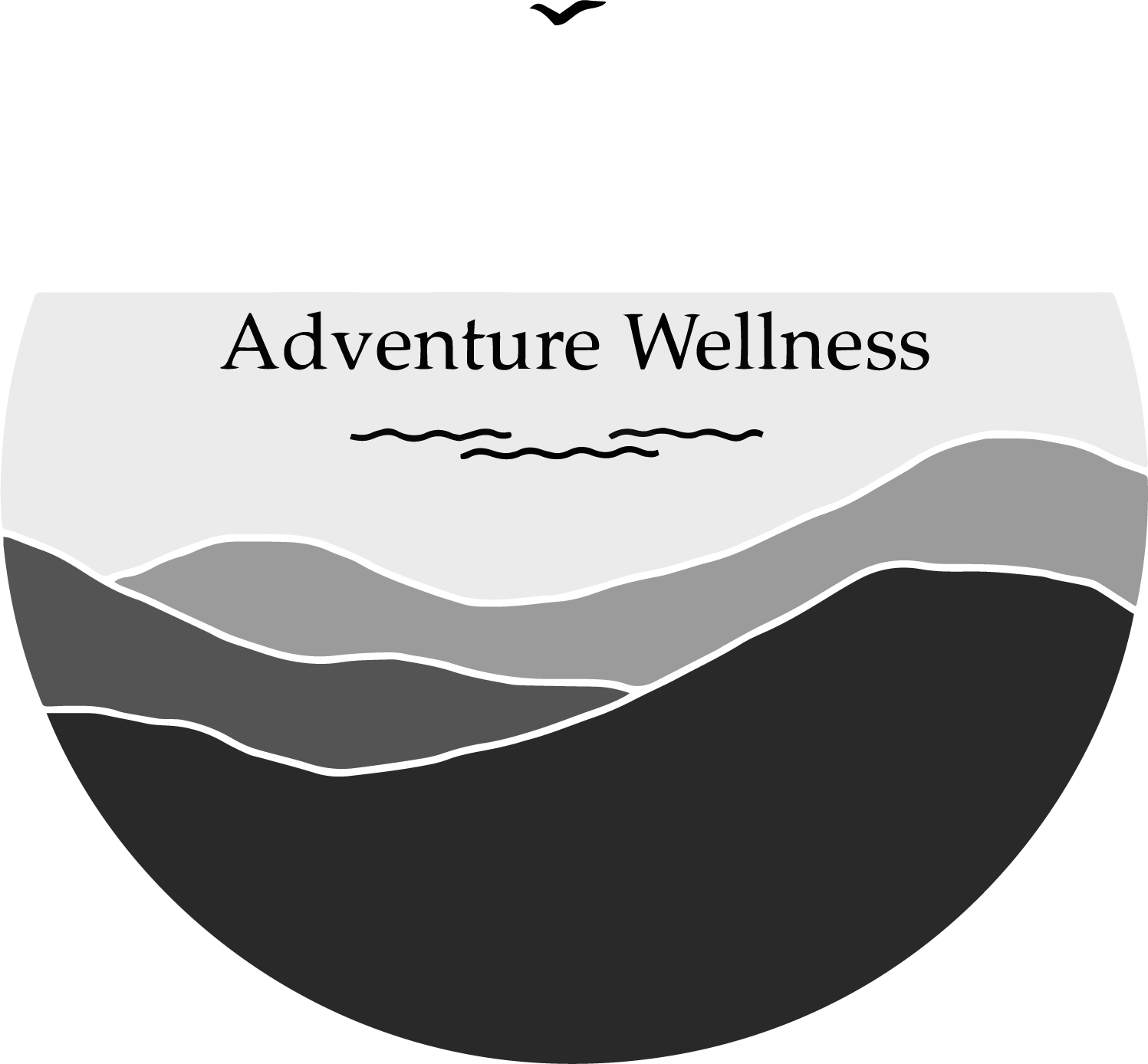Why is it important that employees in an organization be happy? Can’t they just get their work done?
They can get their work done, but it will not be without strife. Unhappy employees tend to set the tone for teams and the workplace. It’s a tone that makes others not want to be there.
Happiness matters because people matter. An organization’s people drive the culture and the culture determines if customers or supporters feel a sense of loyalty and want to come back.
So what makes people happy? Well, mostly a sense of internal well-being, self-esteem, a sense of belonging, a feeling of being safe and a physiological state of healthfulness or at least coping. People are happy when they feel appreciated and recognized for what they do and who they are. But more than anything, happiness rises as we find meaning in the things we do. While making money is important for paying for the things we need to survive, it is not a true source of happiness.
This is a complex mess of stuff, but if we unpack it and look at each element on its own and then in relation to the other elements, we find that there are some basic and fundamental ingredients. Internal well being, for example, is something that requires a lot of stillness and calm. We have to let the foam settle in order to see more clearly to the bottom of the pool inside ourselves.
This is why Mindfulness is so effective. It allows the self to experience calm amidst the clutter of thoughts and feelings. It builds awareness of those thoughts and feelings and allows them to be there without all the drama.
When we start reacting to stuff, it usually is because of untended thoughts and feelings that swirl around from past experiences, usually negative, that condition us to think and feel the worst when we are triggered by something someone says or does. The great neurologist Viktor Frankel said, “Between stimulus and response there is space and in that space is our power to choose our response. In our response lies our growth and our freedom.”
A lot of what makes people unhappy has to do with their frustration over a lack of control over others and inability to make things turn out the way we want. This dynamic affects self-esteem. Frankel again: 'When we are no longer able to change a situation, we are challenged to change ourselves.'
As for feeling a sense of safety and belonging, critical elements of happiness, people who can access internal awareness on demand are able to strengthen their ability to cope with awkward and challenging dynamics. When we get closer to mastering our internal stuff, it makes it vastly more attainable to face the external stuff and respond appropriately.
At the base of all this is the state of health and wellness that we experience. When I feel lousy, I don’t function very well. I may show up for work and go through the motions, but it isn’t pretty and I am not a happy camper. This is where Mindfulness can produce the most dramatic benefit.
When we still ourselves once or preferably twice a day and focus on relaxing the body while deepening breathing, we give our physiological systems a terrific boost. At first, we experience all the discomforts that are there in our minds and bodies and the mind tells us how awkward it feels and how much we need a pain reliever or a stiff drink. Stillness is much harder than it appears.
But once we sink deeper into stillness and allow the breath to do its work, the pathway to healing starts to reveal itself. By focusing the mind on only the act of breathing, while allowing random thoughts and feelings to come and go, the mind gains access to channels for soothing pain and promoting critical connections between the mind and body.
